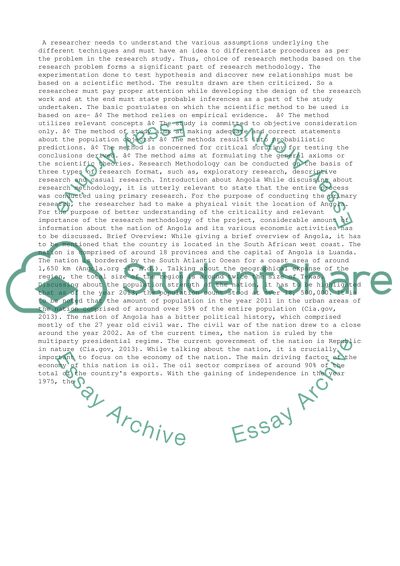Cite this document
(“A Framework for the Management of Oil Spillage Risks in Oil Dissertation”, n.d.)
A Framework for the Management of Oil Spillage Risks in Oil Dissertation. Retrieved from https://studentshare.org/management/1482250-a-framework-for-the-management-of-oil-spillage-risks-in-oil-exploration-programmes
A Framework for the Management of Oil Spillage Risks in Oil Dissertation. Retrieved from https://studentshare.org/management/1482250-a-framework-for-the-management-of-oil-spillage-risks-in-oil-exploration-programmes
(A Framework for the Management of Oil Spillage Risks in Oil Dissertation)
A Framework for the Management of Oil Spillage Risks in Oil Dissertation. https://studentshare.org/management/1482250-a-framework-for-the-management-of-oil-spillage-risks-in-oil-exploration-programmes.
A Framework for the Management of Oil Spillage Risks in Oil Dissertation. https://studentshare.org/management/1482250-a-framework-for-the-management-of-oil-spillage-risks-in-oil-exploration-programmes.
“A Framework for the Management of Oil Spillage Risks in Oil Dissertation”, n.d. https://studentshare.org/management/1482250-a-framework-for-the-management-of-oil-spillage-risks-in-oil-exploration-programmes.


